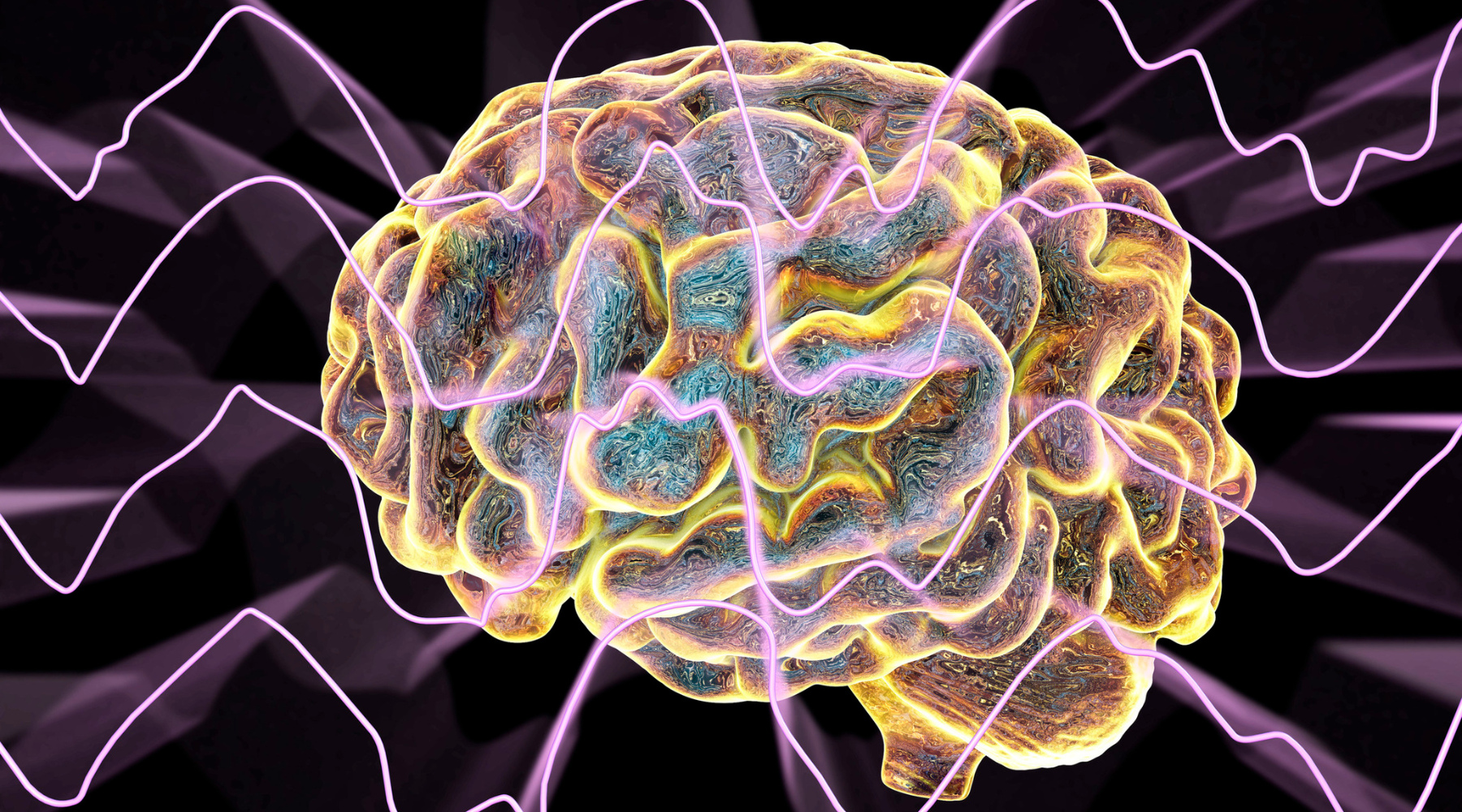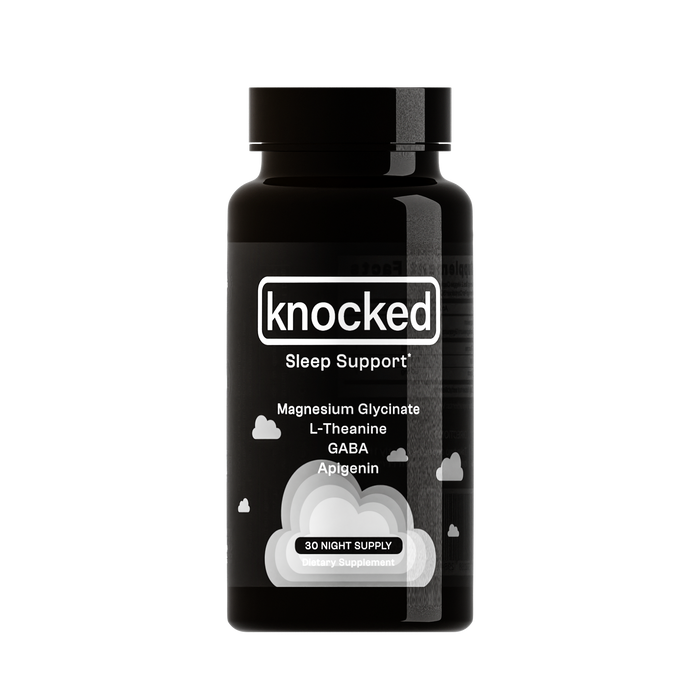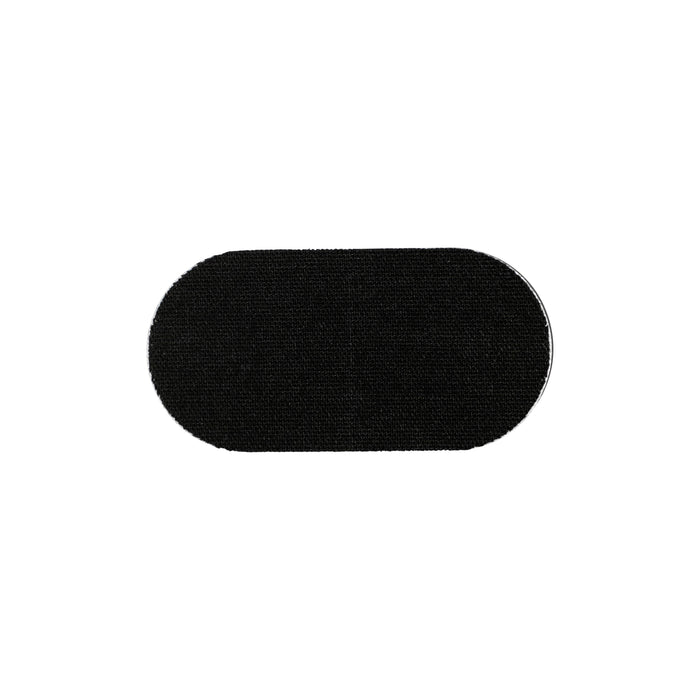

The Science of Sleep: Understanding the Role of Brain Waves in Sleep Quality
Sleep is a crucial component of our health and wellbeing, with the average person spending around a third of their life asleep. While it may seem like a passive state, sleep is actually a complex process that involves numerous physiological and neural changes.
One of the key factors in sleep quality is brain wave activity. In this article, we will explore the different stages of sleep and the brain waves associated with each stage, discuss the importance of slow wave sleep for cognitive function and memory consolidation, examine how disruptions in sleep can impact brain wave activity and overall sleep quality, and highlight emerging research on the relationship between sleep and brain health, including the potential for non-invasive brain stimulation to improve sleep quality.
An Overview of the Different Stages of Sleep and the Brain Waves Associated with Each Stage Sleep is divided into two main types: non-REM (NREM) sleep and REM sleep. NREM sleep is further subdivided into three stages, each with its own unique brain wave activity.
- Stage 1 is the lightest stage of sleep and is characterized by alpha and theta waves.
- In stage 2, brain wave activity slows down, and sleep spindles and K-complexes are observed.
- Finally, in stage 3, also known as slow wave sleep (SWS), delta waves dominate.
- REM sleep is characterized by beta and theta waves and is associated with vivid dreaming.
The Importance of Slow Wave Sleep for Cognitive Function and Memory Consolidation
Slow wave sleep, the deepest stage of NREM sleep, is critical for cognitive function and memory consolidation. During this stage, the brain is thought to replay and consolidate memories from the previous day, strengthening them for long-term storage. Slow wave sleep is also associated with the clearance of waste products from the brain, including beta-amyloid, a protein linked to Alzheimer's disease.
How Disruptions in Sleep Can Impact Brain Wave Activity and Overall Sleep Quality
Disruptions in sleep, such as sleep apnea or insomnia, can lead to changes in brain wave activity and overall sleep quality. For example, individuals with sleep apnea often have disrupted sleep architecture, with frequent arousals and awakenings throughout the night. This can lead to reduced slow wave sleep and poor memory consolidation. Similarly, individuals with insomnia often have increased wakefulness during the night and reduced overall sleep time, leading to disruptions in brain wave activity and poor sleep quality.
Discussion of Emerging Research on the Relationship Between Sleep and Brain Health, Including the Potential for Non-invasive Brain Stimulation to Improve Sleep Quality
Emerging research has highlighted the importance of sleep for brain health, with sleep disturbances linked to a range of neurological and psychiatric conditions, including Alzheimer's disease, depression, and anxiety. One promising avenue for improving sleep quality is non-invasive brain stimulation, such as transcranial magnetic stimulation (TMS) or transcranial direct current stimulation (tDCS). These techniques have been shown to modulate brain wave activity and improve sleep quality in individuals with insomnia and other sleep disorders.
Understanding the role of brain wave activity in sleep quality is critical for optimizing our sleep habits and improving our overall health and wellbeing. By prioritizing slow wave sleep and addressing disruptions in sleep, we can improve our cognitive function, memory consolidation, and overall brain health. Furthermore, emerging research on non-invasive brain stimulation offers exciting new possibilities for enhancing sleep quality and improving our sleep-related health outcomes.
Sources:
- Krueger, James M., et al. "The role of cytokines in sleep regulation." Current pharmaceutical design 14.32 (2008): 3408-3416.
- Ngo, H. Van, and Matthias Rasch. "Sleep and EEG microstructure: a window on the cognitive function of the brain." Current opinion in neurobiology 25 (2014): 147-155.
- Pace-Schott, Edward F., and Robert Stickgold. "Sleep and memory consolidation: a neurobiological perspective." Current opinion in neurobiology 23.5 (2013): 854-861.
- Penzel, Thomas, et al. "The AASM manual for the scoring of sleep and associated events: rules, terminology and technical specifications." American Academy of Sleep Medicine (2007).
- Rasch, Björn, and Jan Born. "About sleep's role in memory." Physiological reviews 93.2 (2013): 681-766.






